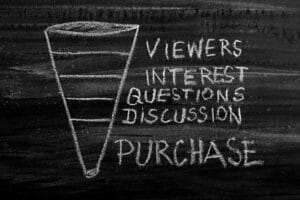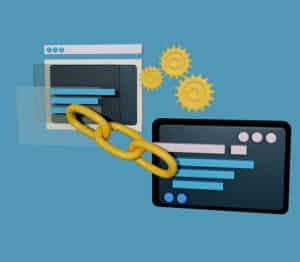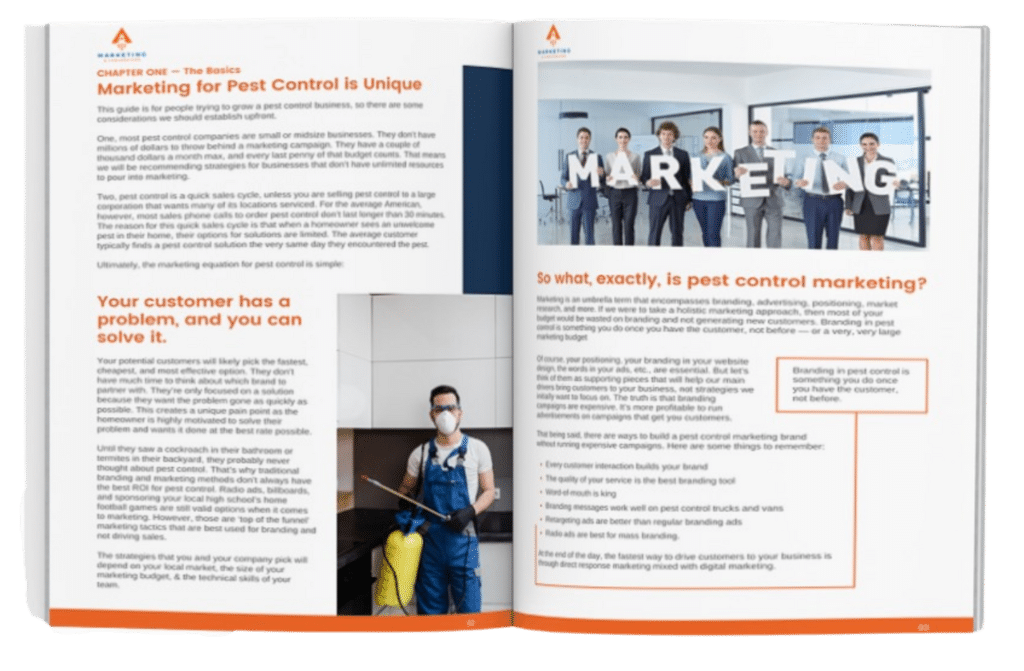Are Marketing And Advertising The Same Thing?
To ensure that your marketing dollars are contributing to your pest control company’s growth, You have to ensure profitability. There are a lot of ways to ensure profitability but in this blog post we will tackle just three of them and if you implement them early, you are a lot more likely to fill your routes with ideal customers that love to live pest free.






